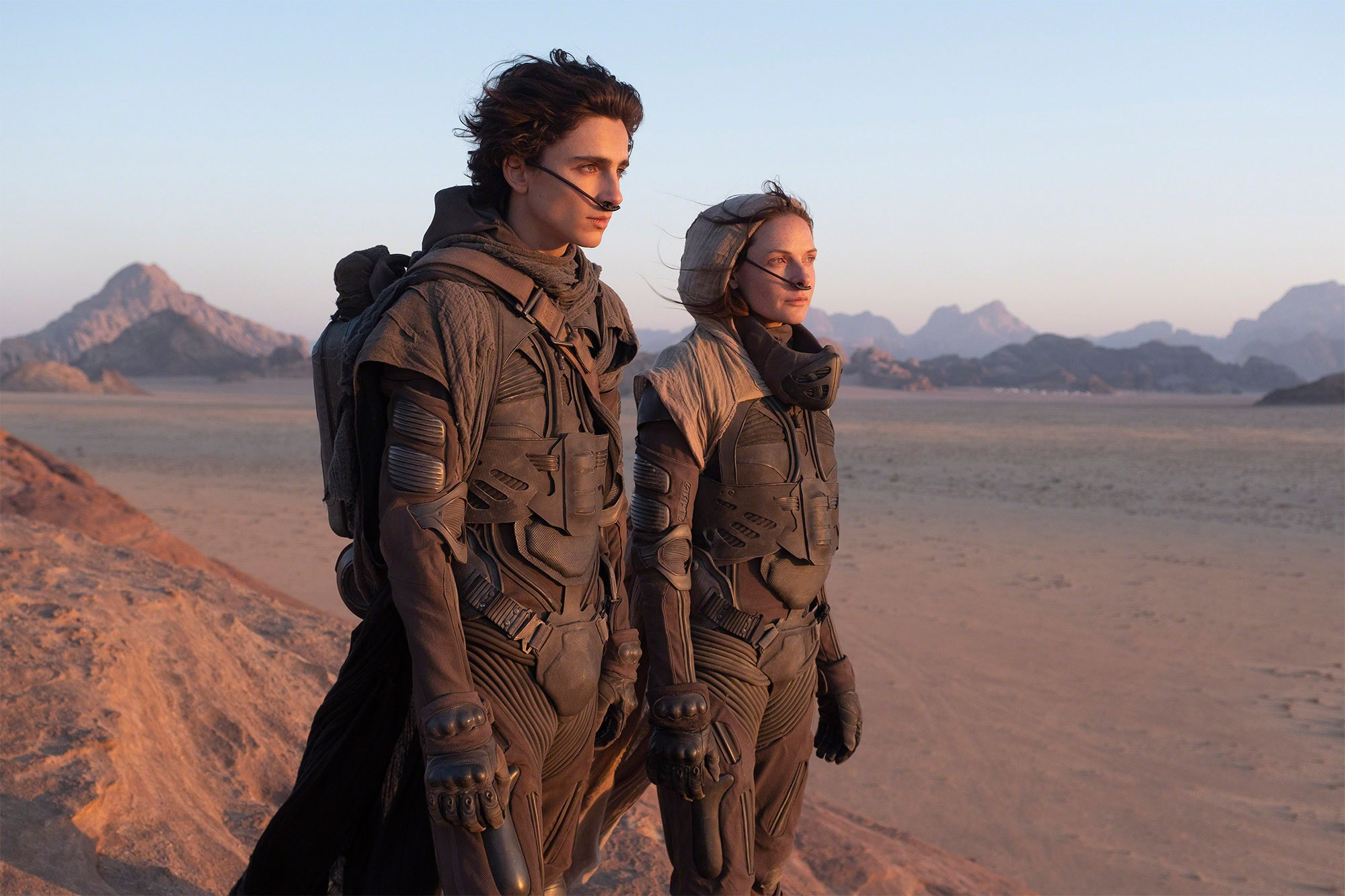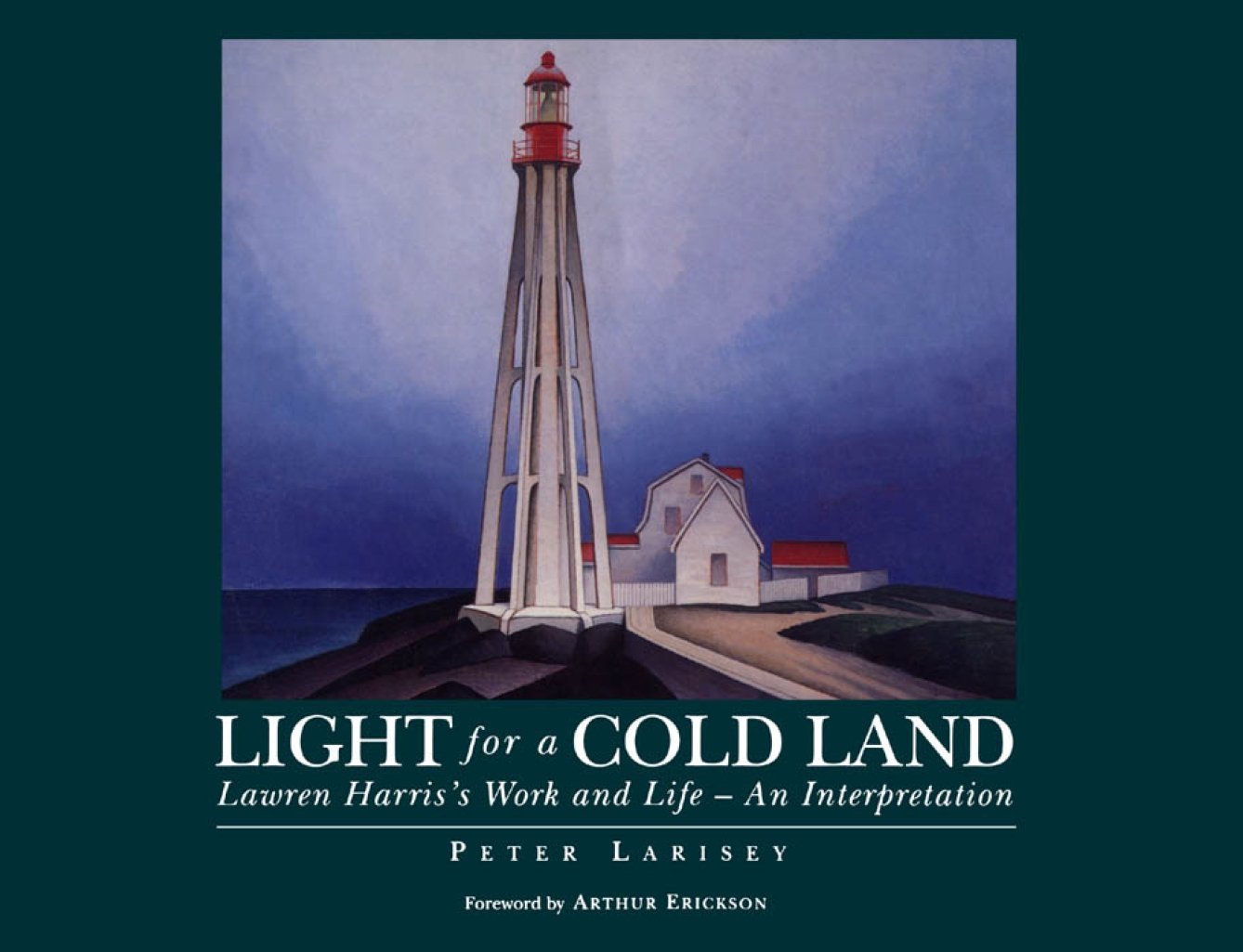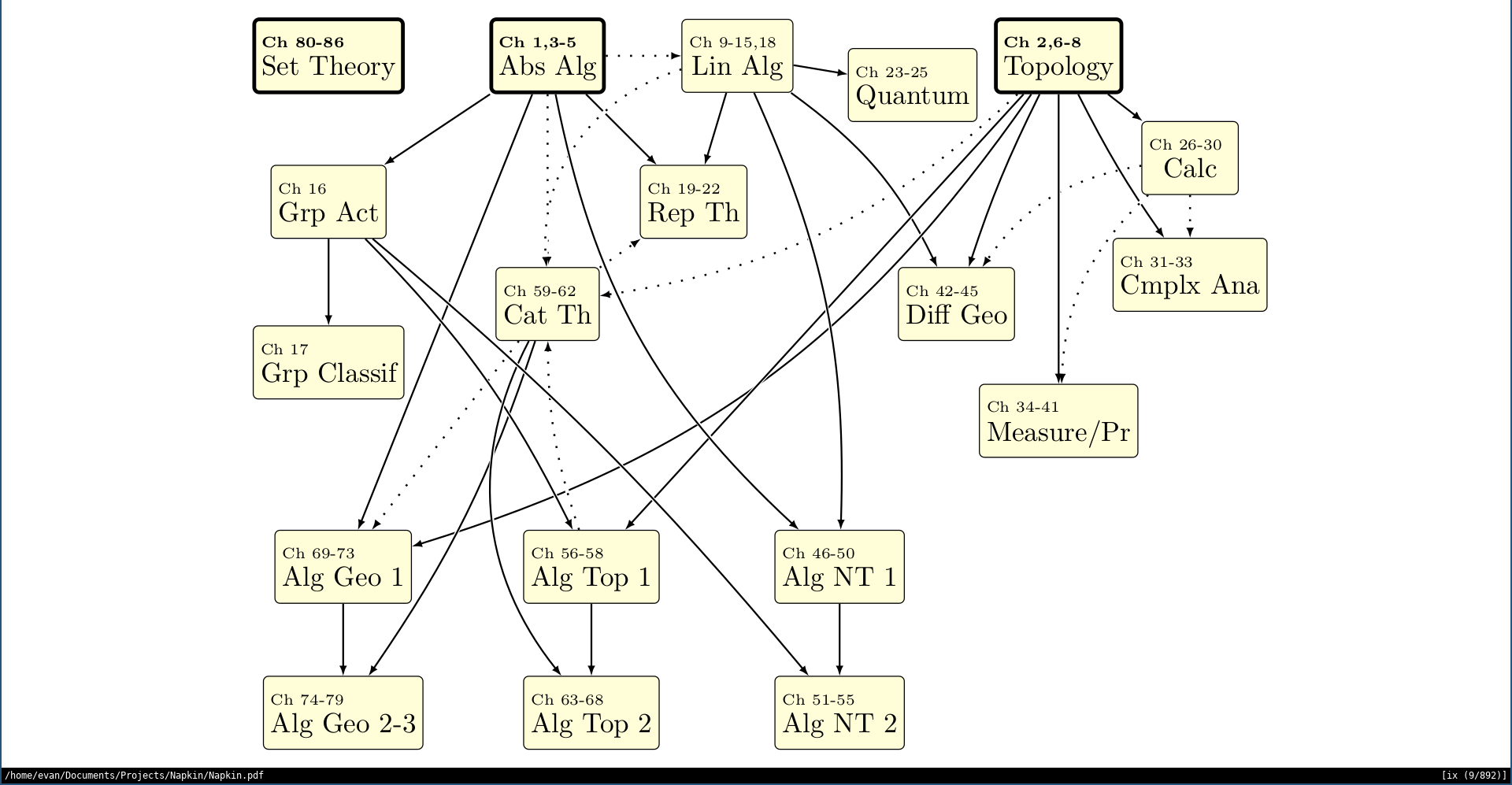July Reading List
Since the start of the year, I’ve been keeping trying to revive my old habit of reading with some success.
With the encouragement of friends, I was able to read two books on existentialism:
- At The Existentialist Cafe by Sarah Bakewell
- A Very Easy Death by Simone de Beauvoir
I highly recommend Bakewell’s book as a beginner’s guide to existentialism. Existentialist Cafe also allowed me to peer into Simone de Beauvoir’s life and thoughts before even starting to touch her work. A Very Easy Death although short, provided a very personal take on the death of a loved one.
The List
Now that my reading habits are more cemented I’m planning to read a lot more this month.
Dune by Frank Herbert

Figure 1: Stills from upcoming movie Dune (2020)
As a fan of both Timothee Chalamet and Science Fiction, I am pretty excited for the upcoming release of Dune’s film adaptation.
The book itself is described to be one of the most influential pieces of science fiction gathering a huge cult following.
Personally, I’ve tried starting Dune twice before in the last 5 years. This third try, I’m actually making progress and am looking forward to see why this is called such a great work of art.
Light For a Cold Land by Fr. Peter Larisey
Light For a Cold Land is a Canadian Jesuit’s study of artist Lawren Harris.

Figure 2: Light For a Cold Land
The author of the book is someone I met once and had a long, interesting conversation with. I witnessed Father Peter Larisey reflect about his career as an art historian, his family, and his regrets. He talked passionately about a book he wrote once and recommended I read it. I told him I would and wished him luck on his current unfinished project.
Unfortunately, Fr. Peter passed away recently before he had that chance. I want to honour his memory and my promise by reading Light For a Cold Land and learn a thing or two about art along the way.
The Napkin Project by Evan Chen (Complex Analysis Track)
https://web.evanchen.cc/napkin.html
The Napkin Project is an accessible compilation of different branches of mathematics and how they’re interconnected with each other.
The entire book itself is massive and Chen suggests picking a topic of interest, and following the recommended path to that topic.

Figure 3: Flowchart of topics to choose from
I’m taking it easy for this time around so I’m aiming for an understanding of Complex Analysis meaning my current path through the book would have to be:
- Topology
- Calculus
- Complex Analysis
This gives me 11 chapters total to read. I doubt I’d be able to finish by the end of July but hey that’s what stretch goals are for.